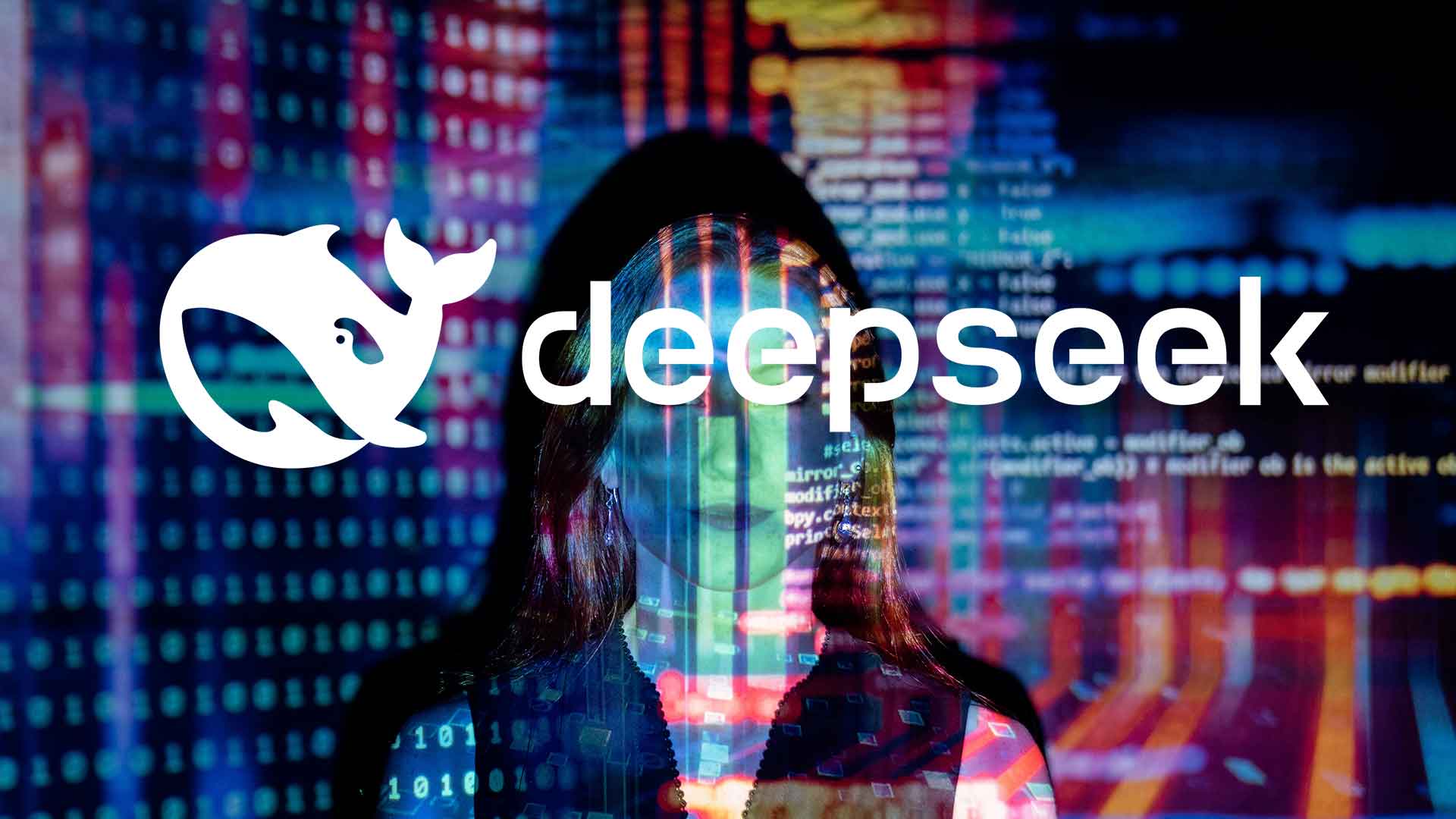Accuracy and Reliability of DeepSeek’s Chatbot
DeepSeek’s chatbot has drawn significant scrutiny regarding its accuracy and reliability. According to NewsGuard, the chatbot achieved only 17% accuracy when delivering news and information. Furthermore, it repeated false claims 30% of the time and provided vague or non-useful answers in 53% of cases. These findings raise concerns about the chatbot’s credibility and the risk of misinformation.
NewsGuard evaluated DeepSeek using the same 300 prompts it applied to Western AI chatbots. One major observation was that DeepSeek often reflected Beijing’s official stance on various topics, highlighting the model’s alignment with government narratives. Additionally, DeepSeek was particularly vulnerable to repeating false claims when responding to prompts designed to test AI models’ susceptibility to misinformation.
DeepSeek’s Impact on the Stock Market
Recent developments surrounding DeepSeek had a significant impact on the stock market, although not in the way some initially speculated. Contrary to certain claims, DeepSeek itself did not cause the market downturn. Instead, investor concerns over the AI model’s potential to challenge the dominance of US tech companies led to significant market volatility.
On January 27, 2025, Nvidia’s share price dropped by 17%, resulting in a staggering loss of approximately $593 billion in stock market value. According to LSEG data, this represented the deepest one-day loss ever recorded by a company on Wall Street. While it remains unclear whether Nvidia’s stock has fully recovered, this incident underscores the financial market’s sensitivity to AI-related developments and emerging competition.

Claims About DeepSeek’s Development Costs
DeepSeek has made bold claims regarding its low-cost development model, asserting that fewer than 200 people worked on the project with a minimal budget. However, these assertions have been met with skepticism.
While some sources claim DeepSeek was developed for just $5 million, others have challenged this notion. A report by Bernstein Research found that DeepSeek’s claims about its cost-efficiency were misleading. It emphasized that the true costs of research, experimentation, and development were significantly higher than the company suggested.
Martin Vechev, a full professor at ETH Zürich and founder of the Institute for Computer Science, Artificial Intelligence, and Technology (INSAIT), described the reported figures as “somewhat misleading.” These assessments suggest that DeepSeek may have strategically downplayed its development expenses to project an image of efficiency and cost-effectiveness.
DeepSeek’s Market Position and Global Availability
DeepSeek’s launch has raised questions about its availability, competitive standing, and implications for users worldwide. While the AI initially focused on the Chinese market, access has been restricted for international users. Reports indicate that new accounts require Chinese phone numbers, limiting broader accessibility. Despite this, there are indications that DeepSeek is gradually expanding its reach, with some users outside China gaining access through third-party platforms like Perplexity AI.
Competitive Landscape
DeepSeek is emerging as a formidable competitor to OpenAI and other US-based AI companies. Several factors contribute to its growing influence:
- Technological Strength: DeepSeek’s models demonstrate strong capabilities in reasoning, mathematics, and coding, often rivaling or surpassing established Western AI models.
- Cost-Effectiveness: The perception that DeepSeek developed a competitive AI model at a lower cost disrupts traditional notions that only well-funded US companies can dominate the AI industry.
- Open-Source Approach: Unlike many Western AI firms that prioritize proprietary models, DeepSeek’s emphasis on open-source AI fosters collaboration and innovation.
Impact on Users
DeepSeek’s emergence presents both benefits and concerns for users:
Potential Benefits:
- Increased Competition: The presence of DeepSeek could lower costs and improve the quality of AI services.
- Diverse AI Options: Users may benefit from a broader range of AI tools, allowing them to choose platforms that best suit their needs.
- Innovation: DeepSeek’s advances could spur further breakthroughs in AI applications.
Potential Concerns:
- Data Privacy Issues: DeepSeek’s compliance with Chinese regulations raises questions about how user data is stored and managed, particularly for international users.
- Censorship Risks: Given DeepSeek’s alignment with Beijing’s official stance, there are concerns that certain topics may be censored or biased.
Industry Reactions and Future Outlook
The global AI community has reacted to DeepSeek’s rise with a mix of curiosity and caution. While some praise its technological strides and open-source philosophy, others remain wary of its transparency, data policies, and potential influence on AI discourse.
For now, many experts and industry observers are adopting a “wait-and-see” approach, closely monitoring DeepSeek’s development trajectory, its impact on AI competition, and its regulatory implications.
Conclusion
DeepSeek’s chatbot represents a significant development in the AI industry, challenging US dominance and introducing new dynamics to the market. However, questions about its accuracy, cost claims, data privacy, and regulatory compliance remain unresolved. Whether DeepSeek emerges as a true global contender or remains primarily a China-focused initiative will depend on how it navigates these challenges and responds to scrutiny in the coming years.



